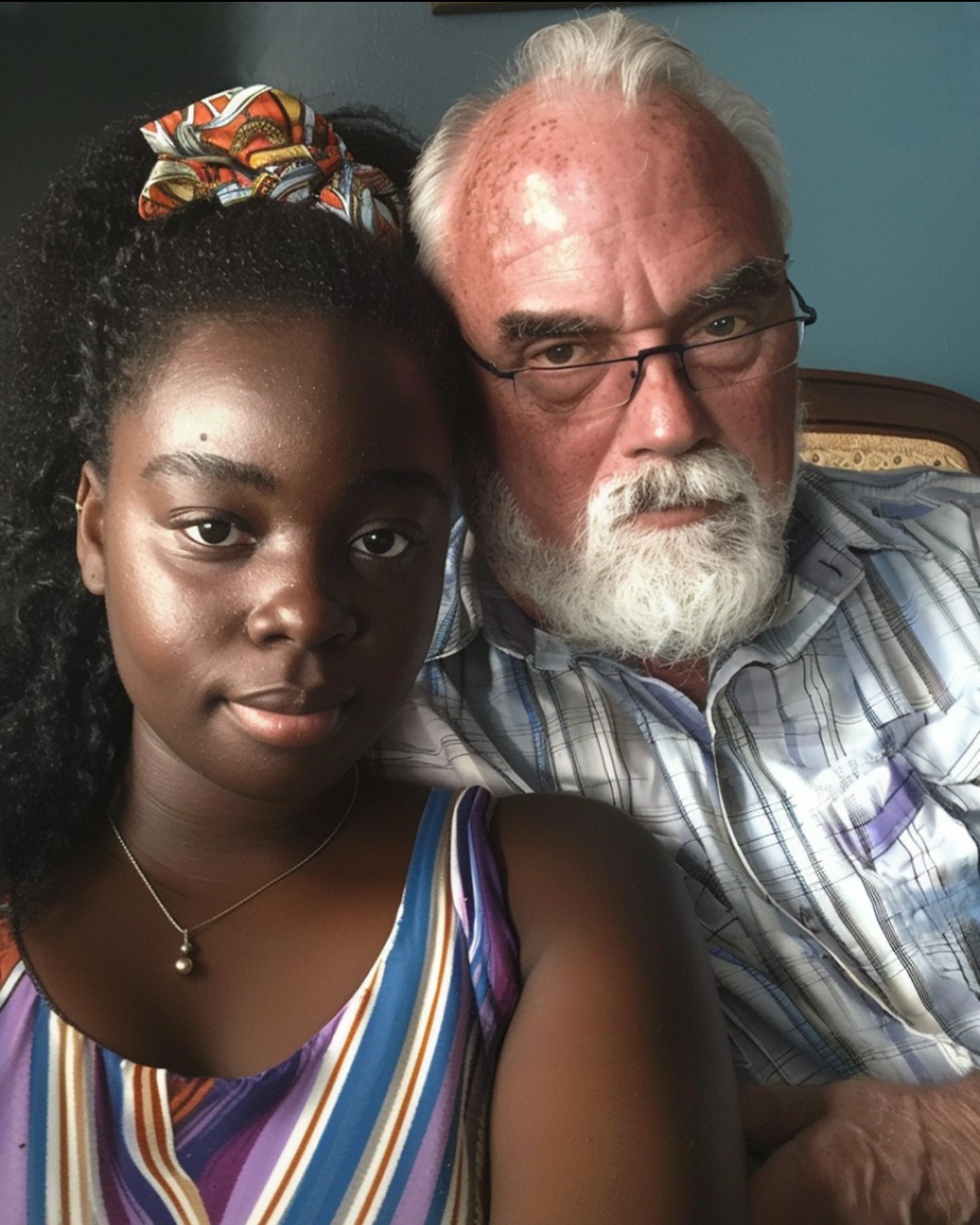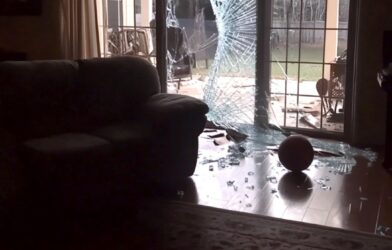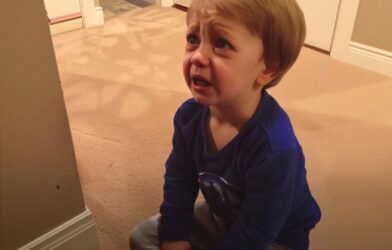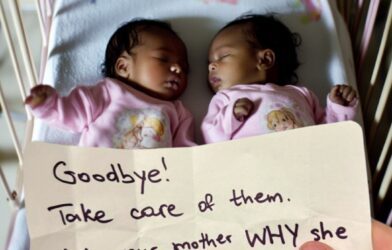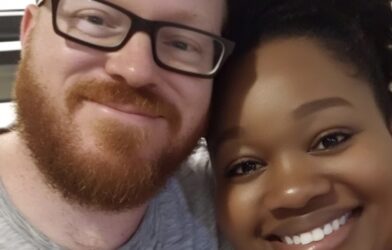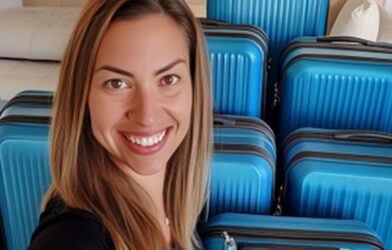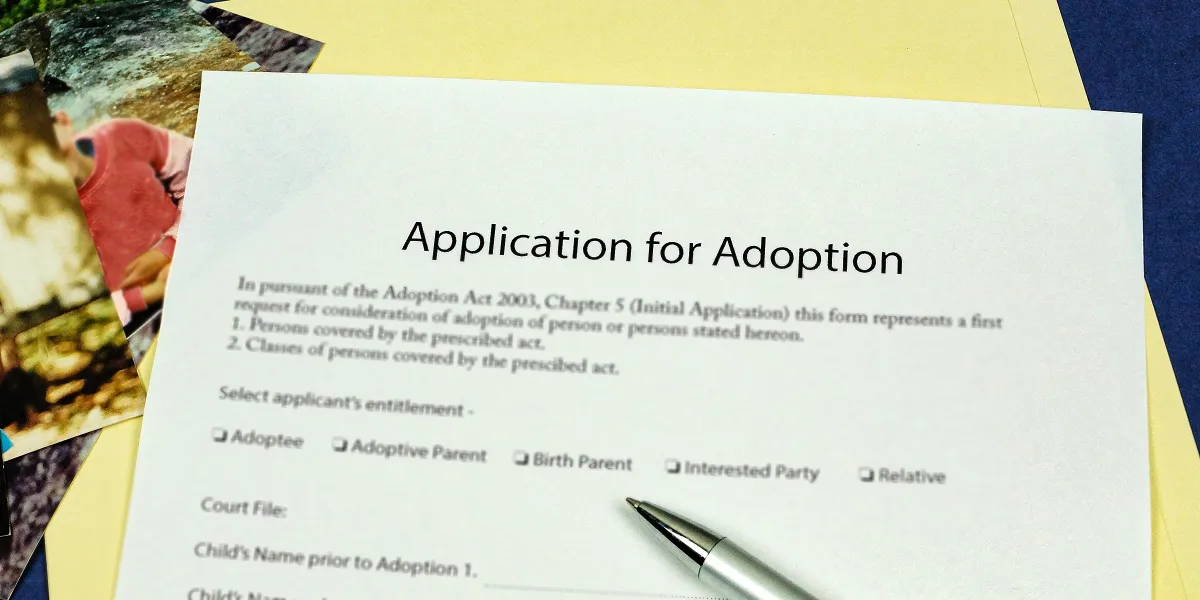 For thirty years, I believed I was adopted, abandoned by parents who couldn’t keep me. But a trip to the orphanage shattered everything I thought I knew.
For thirty years, I believed I was adopted, abandoned by parents who couldn’t keep me. But a trip to the orphanage shattered everything I thought I knew.
I was three years old the first time my dad told me I was adopted. We were sitting on the couch, and I had just finished building a tower out of brightly colored blocks. I imagine he smiled at me, but it was the kind of smile that didn’t reach his eyes.
“Sweetheart,” he said, resting his hand on my shoulder. “There’s something you should know.”
I looked up, clutching my favorite stuffed rabbit. “What is it, Daddy?”
“Your real parents couldn’t take care of you,” he said, his voice soft but firm. “So your mom and I stepped in. We adopted you to give you a better life.”
“Real parents?” I asked, tilting my head.
He nodded. “Yes. But they loved you very much, even if they couldn’t keep you.”
I didn’t understand much, but the word “love” made me feel safe. “So you’re my daddy now?”
“That’s right,” he said. Then he hugged me, and I nestled into his chest, feeling like I belonged.
Six months later, my mom died in a car accident. I don’t remember much about her—just a blurry image of her smile, soft and warm, like sunshine on a chilly day. After that, it was just me and my dad.
At first, things weren’t so bad. Dad took care of me. He made peanut butter sandwiches for lunch and let me watch cartoons on Saturday mornings. But as I grew older, things started to change.
When I was six, I couldn’t figure out how to tie my shoes. I cried, frustrated, as I tugged at the laces.
Dad sighed loudly. “Maybe you got that stubbornness from your real parents,” he muttered under his breath.
“Stubborn?” I asked, blinking up at him.
“Just… figure it out,” he said, walking away.
He said things like that a lot. Anytime I struggled with school or made a mistake, he’d blame it on my “real parents.”
When I turned six, Dad hosted a barbecue in our backyard. I was excited because all the neighborhood kids were coming. I wanted to show them my new bike.
As the adults stood around talking and laughing, Dad raised his glass and said, “You know, we adopted her. Her real parents couldn’t handle the responsibility.”
The laughter faded. I froze, holding my plate of chips.
One of the moms asked, “Oh, really? How sad.”
Dad nodded, taking a sip of his drink. “Yeah, but she’s lucky we took her in.”
The words sank like stones in my chest. The next day at school, the other kids whispered about me.
“Why didn’t your real parents want you?” one boy sneered.
“Are you gonna get sent back?” a girl giggled.
I ran home crying, hoping Dad would comfort me. But when I told him, he shrugged. “Kids will be kids,” he said. “You’ll get over it.”
On my birthdays, Dad started taking me to visit a local orphanage. He’d park outside the building, point to the kids playing in the yard, and say, “See how lucky you are? They don’t have anyone.”
By the time I was a teenager, I dreaded my birthday.
The idea that I wasn’t wanted followed me everywhere. In high school, I kept my head down and worked hard, hoping to prove I was worth keeping. But no matter what I did, I always felt like I wasn’t enough.
When I was 16, I finally asked Dad about my adoption.
“Can I see the papers?” I asked one night as we ate dinner.
He frowned, then left the table. A few minutes later, he came back with a folder. Inside, there was a single page—a certificate with my name, a date, and a seal.
“See? Proof,” he said, tapping the paper.
I stared at it, unsure of what to feel. It looked real enough, but something about it felt… incomplete.
Still, I didn’t ask any more questions.
Years later, when I met Matt, he saw through my walls right away.
“You don’t talk about your family much,” he said one night as we sat on the couch.
I shrugged. “There’s not much to say.”
But he didn’t let it go. Over time, I told him everything—the adoption, the teasing, the orphanage visits, and how I always felt like I didn’t belong.
“Have you ever thought about looking into your past?” he asked gently.
“No,” I said quickly. “Why would I? My dad already told me everything.”
“Are you sure?” he asked, his voice kind but steady. “What if there’s more to the story? Wouldn’t you want to know?”
I hesitated, my heart pounding. “I don’t know,” I whispered.
“Then let’s find out together,” he said, squeezing my hand.
For the first time, I considered it. What if there was more?
The orphanage was smaller than I had imagined. Its brick walls were faded, and the playground equipment out front looked worn but still cared for. My palms were clammy as Matt parked the car.
“You ready?” he asked, turning to me with his steady, reassuring gaze.
“Not really,” I admitted, clutching my bag like a lifeline. “But I guess I have to be.”
We stepped inside, and the air smelled faintly of cleaning supplies and something sweet, like cookies. A woman with short gray hair and kind eyes greeted us from behind a wooden desk.
“Hi, how can I help you?” she asked, her smile warm.
I swallowed hard. “I… I was adopted from here when I was three years old. I’m trying to find more information about my biological parents.”
“Of course,” she said, her brow furrowing slightly. “What’s your name and the date of your adoption?”
I gave her the details my dad had told me. She nodded and began typing into an old computer. The clacking of the keys seemed to echo in the quiet room.
Minutes passed. Her frown deepened. She tried again, flipping through a thick binder.
Finally, she looked up, her expression apologetic. “I’m sorry, but we don’t have any records of you here. Are you sure this is the right orphanage?”
My stomach dropped. “What? But… this is where my dad said I was adopted from. I’ve been told that my whole life.”
Matt leaned forward and peeked into the papers. “Could there be a mistake? Maybe another orphanage in the area?”
She shook her head. “We keep very detailed records. If you were here, we would know. I’m so sorry.”
The room spun as her words sank in. My whole life suddenly felt like a lie.
The car ride home was heavy with silence. I stared out the window, my thoughts racing.
“Are you okay?” Matt asked softly, glancing at me.
“No,” I said, my voice trembling. “I need answers.”
“We’ll get them,” he said firmly. “Let’s talk to your dad. He owes you the truth.”
When we pulled up to my dad’s house, my heart pounded so loudly I could barely hear anything else. The porch light flickered as I knocked.
It took a moment, but the door opened. My dad stood there in his old plaid shirt, his face creased with surprise.
“Hey,” he said, his voice cautious. “What are you doing here?”
I didn’t bother with pleasantries. “We went to the orphanage,” I blurted out. “They don’t have any record of me. Why would they say that?”
His expression froze. For a long moment, he said nothing. Then he sighed heavily and stepped back. “Come in.”
Matt and I followed him into the living room. He sank into his recliner, running a hand through his thinning hair.
“I knew this day would come,” he said quietly.
“What are you talking about?” I demanded, my voice breaking. “Why did you lie to me?”
He looked at the floor, his face shadowed with regret. “You weren’t adopted,” he said, his voice barely audible. “You’re your mother’s child… but not mine. She had an affair.”
The words hit me like a punch. “What?”
“She cheated on me,” he said, his voice bitter. “When she got pregnant, she begged me to stay. I agreed, but I couldn’t look at you without seeing what she did to me. So I made up the adoption story.”





